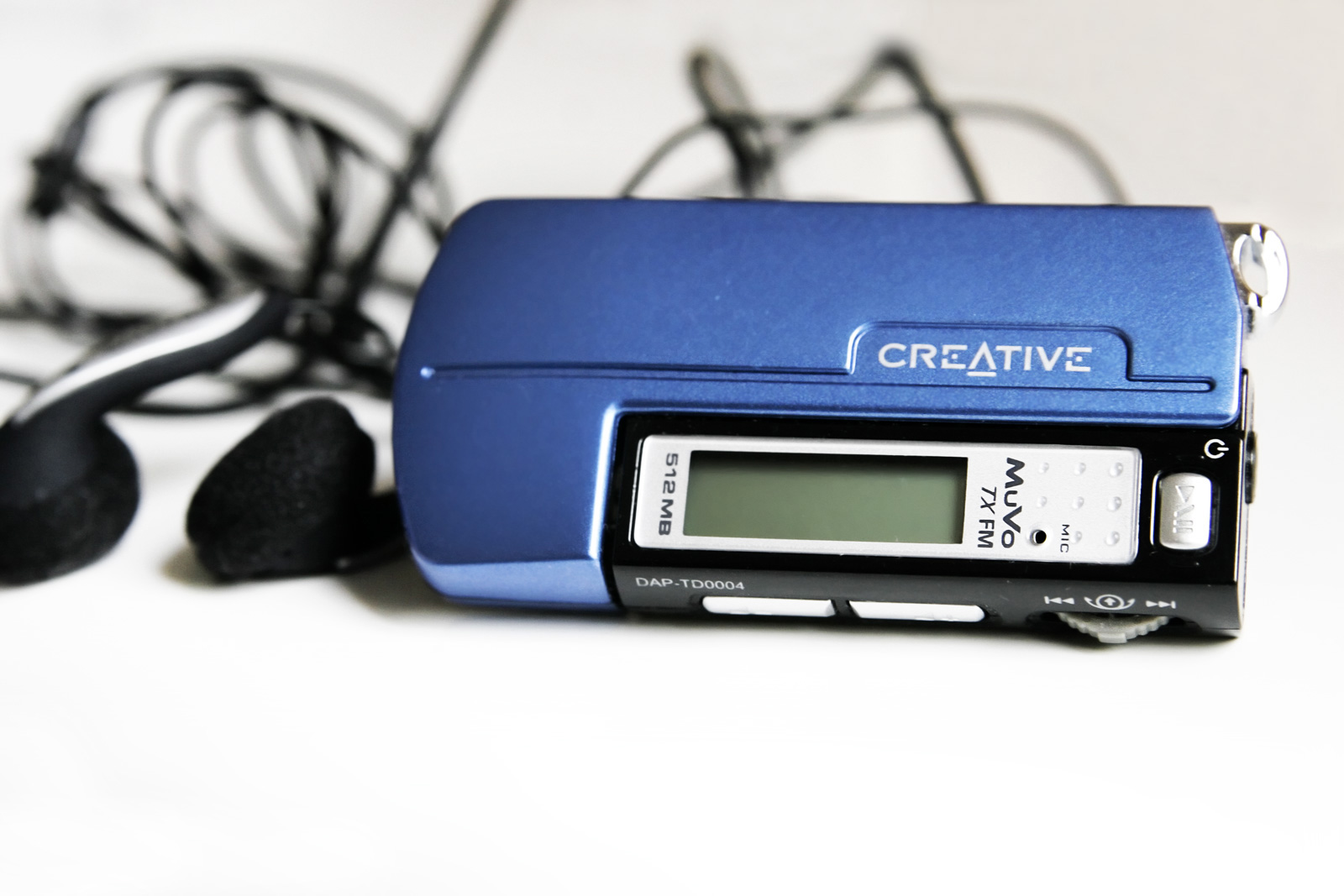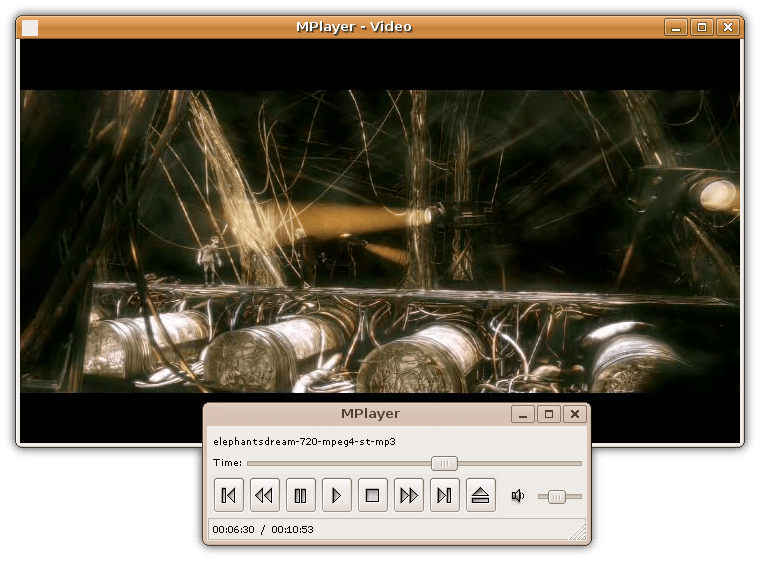|
Shuffle Play
Shuffle play is a mode of music playback in which songs are played in a randomized order that is decided upon for all tracks at once. It is commonly found on CD players, digital audio players and media player software. Shuffle playback prevents repeated tracks, which makes it distinct from random playback, in which the next track is chosen at random after the last track has ended. In CD players In a CD player one can only shuffle songs on that CD, or with some models that could hold more than one CD, shuffle the songs on all of those CDs. Some CDs have been designed for the shuffle feature on CD players, such as They Might Be Giants' '' Apollo 18''. More modern CD players come with the shuffle feature. In media devices Almost all software on computers has the shuffle feature including Windows Media Player and MediaMonkey. Most electronic devices including mobile phones and iPods have the shuffle feature and devices have even been created just for the shuffle feature, such as ... [...More Info...] [...Related Items...] OR: [Wikipedia] [Google] [Baidu] |
Random
In common usage, randomness is the apparent or actual lack of pattern or predictability in events. A random sequence of events, symbols or steps often has no :wikt:order, order and does not follow an intelligible pattern or combination. Individual random events are, by definition, unpredictable, but if the probability distribution is known, the frequency of different outcomes over repeated events (or "trials") is predictable.Strictly speaking, the frequency of an outcome will converge almost surely to a predictable value as the number of trials becomes arbitrarily large. Non-convergence or convergence to a different value is possible, but has probability zero. For example, when throwing two dice, the outcome of any particular roll is unpredictable, but a sum of 7 will tend to occur twice as often as 4. In this view, randomness is not haphazardness; it is a measure of uncertainty of an outcome. Randomness applies to concepts of chance, probability, and information entropy. T ... [...More Info...] [...Related Items...] OR: [Wikipedia] [Google] [Baidu] |
CD Player
A CD player is an electronic device that plays audio compact discs, which are a digital optical disc data storage format. CD players were first sold to consumers in 1982. CDs typically contain recordings of audio material such as music or audiobooks. CD players may be part of home stereo systems, car audio systems, personal computers, or portable CD players such as CD boomboxes. Most CD players produce an output signal via a headphone jack or RCA jacks. To use a CD player in a home stereo system, the user connects an RCA cable from the RCA jacks to a hi-fi (or other amplifier) and loudspeakers for listening to music. To listen to music using a CD player with a headphone output jack, the user plugs headphones or earphones into the headphone jack. Modern units can play audio formats other than the original CD PCM audio coding, such as MP3, AAC and WMA. DJs playing dance music at clubs often use specialized players with an adjustable playback speed to alter the pitch and t ... [...More Info...] [...Related Items...] OR: [Wikipedia] [Google] [Baidu] |
Digital Audio Player
A portable media player (PMP) (also including the related digital audio player (DAP)) is a portable consumer electronics device capable of storing and playing digital media such as audio, images, and video files. The data is typically stored on a compact disc (CD), Digital Video Disc (DVD), Blu-ray Disc (BD), flash memory, microdrive, or hard drive; most earlier PMPs used physical media, but modern players mostly use flash memory. In contrast, analogue portable audio players play music from non-digital media that use analogue media, such as cassette tapes or vinyl records. Digital audio players (DAP) were often marketed as MP3 players even if they also supported other file formats and media types. The PMP term was introduced later for devices that had additional capabilities such as video playback. Generally speaking, they are portable, employing internal or replaceable batteries, equipped with a 3.5 mm headphone jack which can be used for headphones or to connect to a ... [...More Info...] [...Related Items...] OR: [Wikipedia] [Google] [Baidu] |
Media Player (application Software)
Media player software is a type of application software for playing multimedia computer files like audio and video files. Media players commonly display standard media control icons known from physical devices such as tape recorders and CD players, such as play ( ), pause ( ), fastforward (⏩️), backforward (⏪), and stop ( ) buttons. In addition, they generally have progress bars (or "playback bars"), which are sliders to locate the current position in the duration of the media file. Mainstream operating systems have at least one default media player. For example, Windows comes with Windows Media Player, Microsoft Movies & TV and Groove Music, while macOS comes with QuickTime Player and Music. Linux distributions come with different media players, such as SMPlayer, Amarok, Audacious, Banshee, MPlayer, mpv, Rhythmbox, Totem, VLC media player, and xine. Android comes with Google Play Music for audio and Google Photos for video, ... [...More Info...] [...Related Items...] OR: [Wikipedia] [Google] [Baidu] |
They Might Be Giants
They Might Be Giants (often abbreviated as TMBG) is an American alternative rock band formed in 1982 by John Flansburgh and John Linnell. During TMBG's early years, Flansburgh and Linnell frequently performed as a duo, often accompanied by a drum machine. In the early 1990s, TMBG expanded to include a backing band. The duo has been credited as vital in the creation and growth of the prolific DIY music scene in Brooklyn in the mid-1980s; the duo's current backing band consists of Marty Beller, Dan Miller and Danny Weinkauf. The group have been noted for their unique style of alternative music, typically using surreal, humorous lyrics, experimental styles and unconventional instruments in their songs. Over their career, they have found success on the modern rock and college radio charts. They have also found success in children's music with several educational albums, and in theme music for television programs and films. TMBG have released 23 studio albums. ''Flood'' has been ... [...More Info...] [...Related Items...] OR: [Wikipedia] [Google] [Baidu] |
Apollo 18 (album)
''Apollo 18'' is the fourth studio album by American alternative rock duo They Might Be Giants. It was released in 1992 through Elektra Records and was named after the cancelled Apollo 18 mission that was scheduled to have followed Apollo 17. The album was also associated with International Space Year, for which They Might Be Giants were declared the official "musical ambassadors" by NASA. The album marked the first conscious effort by John Linnell and John Flansburgh to branch out of their early sound, opting for more traditional rock rhythms and fuller arrangements. The duo adopted a backing band with live drums during the supporting tour. It was their last album recorded as a duo, and the band expanded to include a regular rhythm guitarist, bass player and saxophone player for their subsequent releases. ''Apollo 18'' also includes the "Fingertips" suite, a series of twenty-one short songs, most under thirty seconds long. The album generated three singles, " The Statue Got Me ... [...More Info...] [...Related Items...] OR: [Wikipedia] [Google] [Baidu] |
Software
Software is a set of computer programs and associated documentation and data. This is in contrast to hardware, from which the system is built and which actually performs the work. At the lowest programming level, executable code consists of machine language instructions supported by an individual processor—typically a central processing unit (CPU) or a graphics processing unit (GPU). Machine language consists of groups of binary values signifying processor instructions that change the state of the computer from its preceding state. For example, an instruction may change the value stored in a particular storage location in the computer—an effect that is not directly observable to the user. An instruction may also invoke one of many input or output operations, for example displaying some text on a computer screen; causing state changes which should be visible to the user. The processor executes the instructions in the order they are provided, unless it is instructed ... [...More Info...] [...Related Items...] OR: [Wikipedia] [Google] [Baidu] |
Windows Media Player
Windows Media Player (WMP) is the first media player and media library application that was developed by Microsoft for playing audio, video and viewing images on personal computers running the Microsoft Windows operating system, as well as on Pocket PC and Windows Mobile-based devices. Editions of Windows Media Player were also released for classic Mac OS, and Solaris but development of these has since been discontinued. Windows Media Player was eventually replaced in Windows 8 with Groove Music. Groove Music persisted in Windows 8.1 and Windows 10, before being replaced in turn with the Media Player in Windows 11. In addition to being a media player, the application has the ability to rip audio file from and copy to compact discs, burn recordable discs in Audio CD format or as data discs with playlists such as an MP3 CD, synchronize content with a digital audio player (MP3 player) or other mobile devices, and enable users to purchase or rent music from a number of onli ... [...More Info...] [...Related Items...] OR: [Wikipedia] [Google] [Baidu] |




